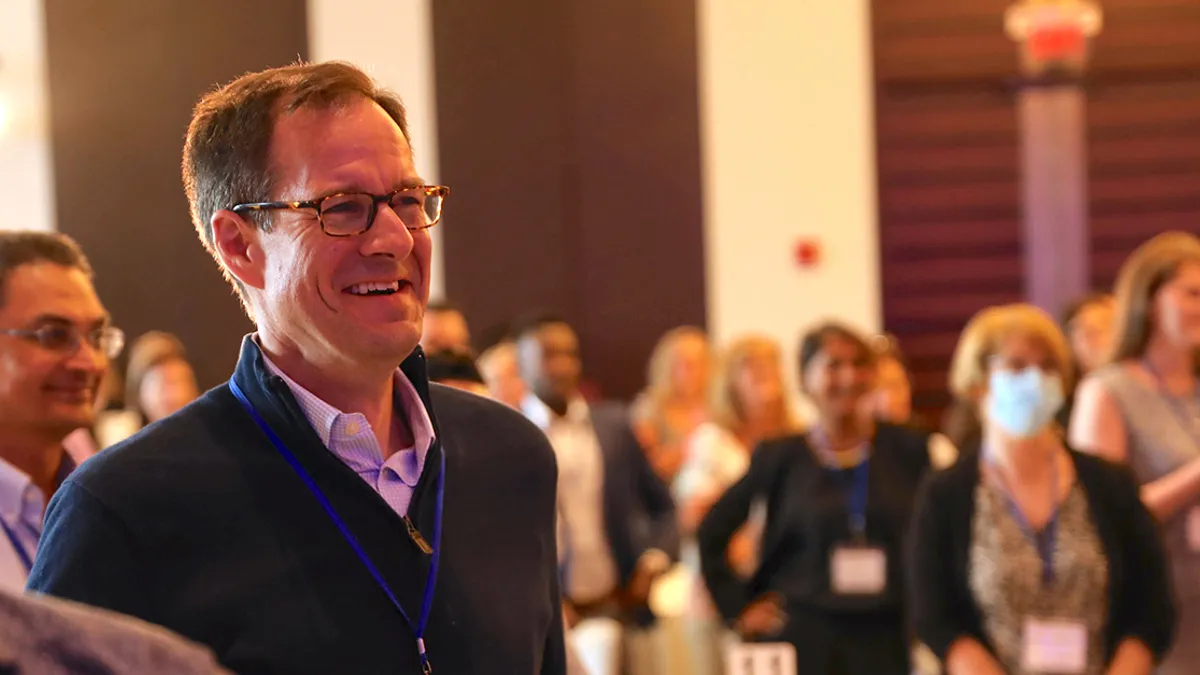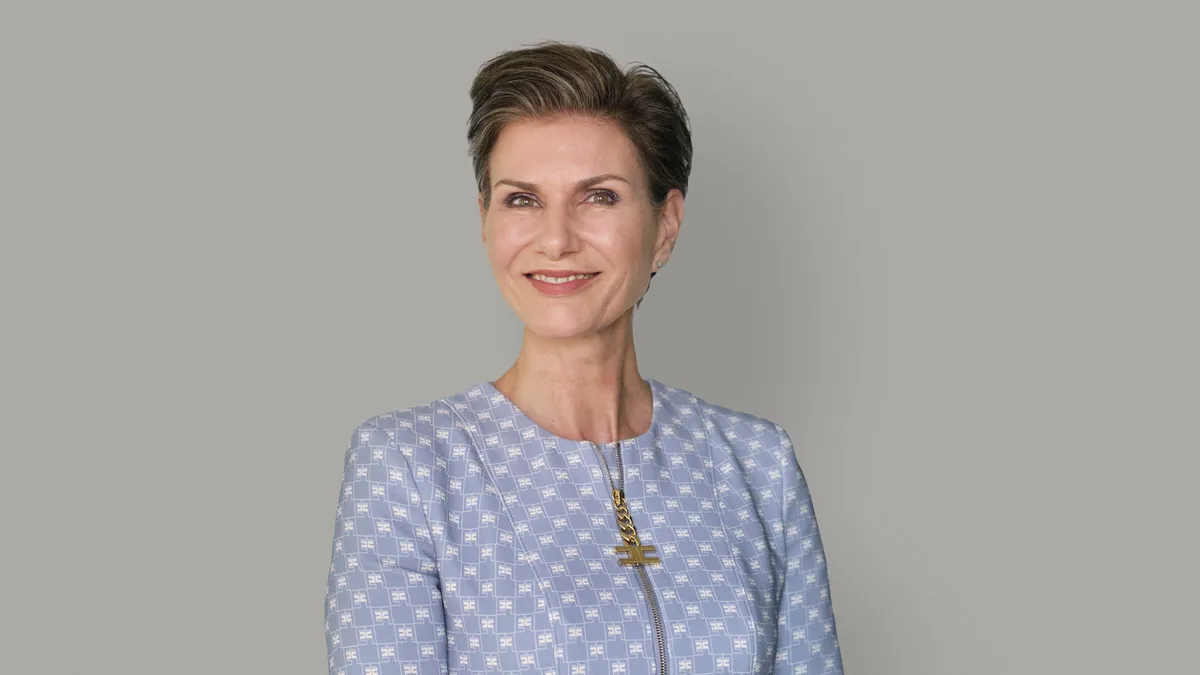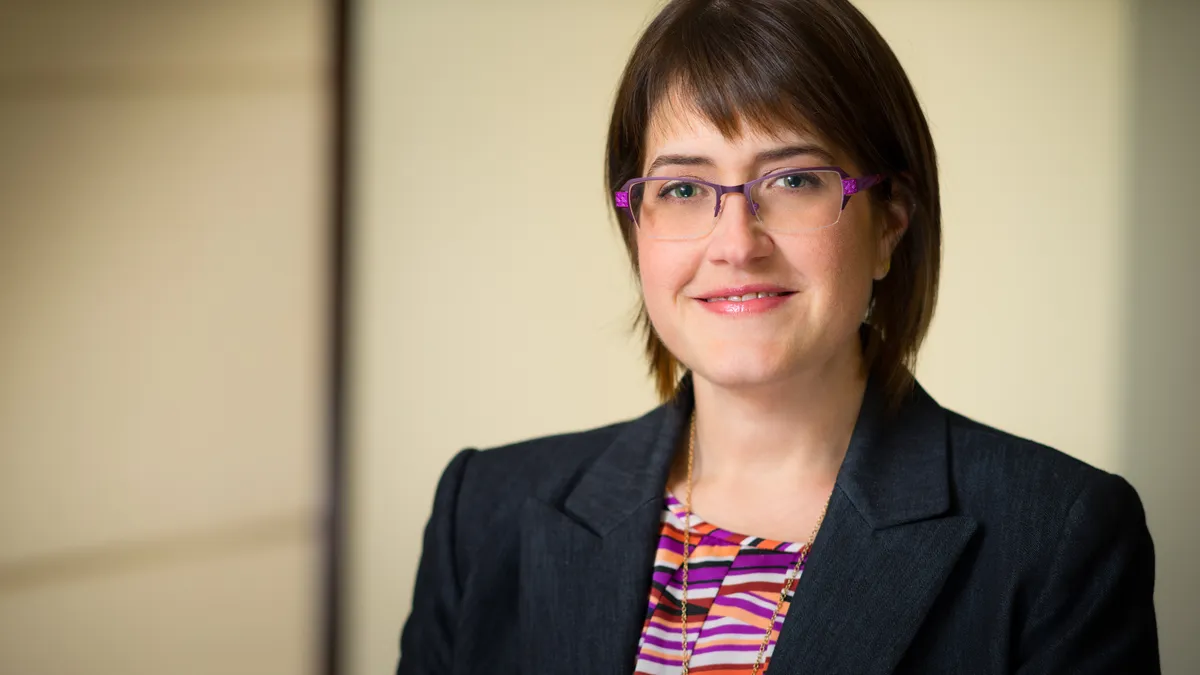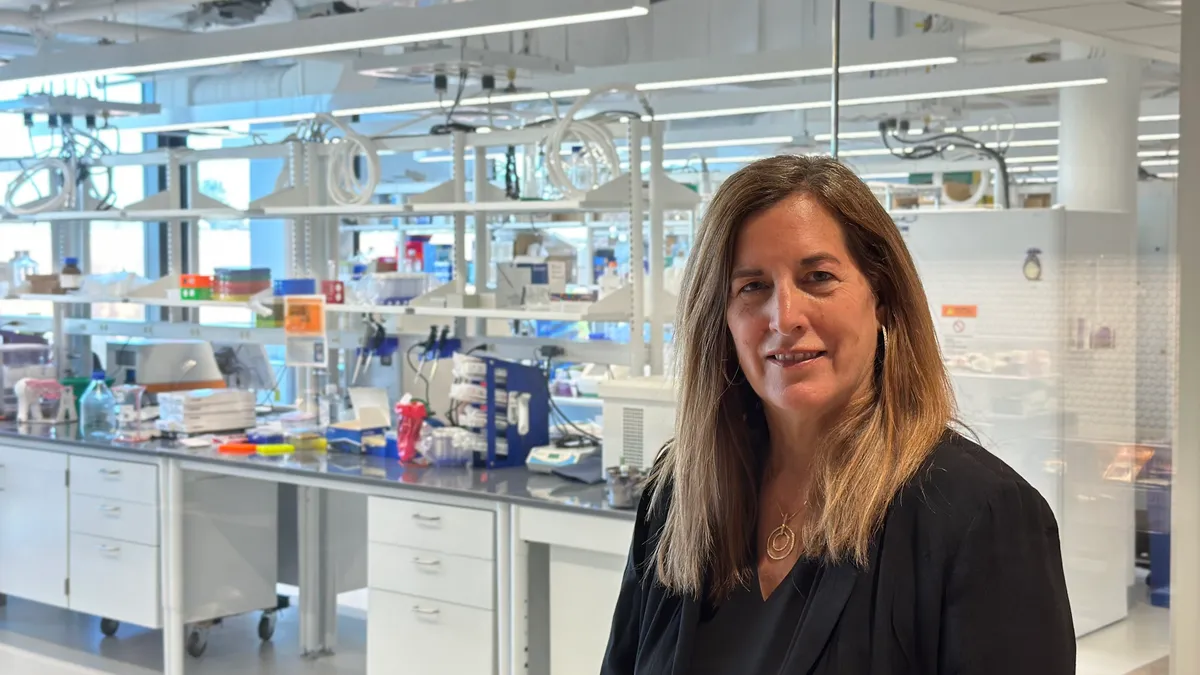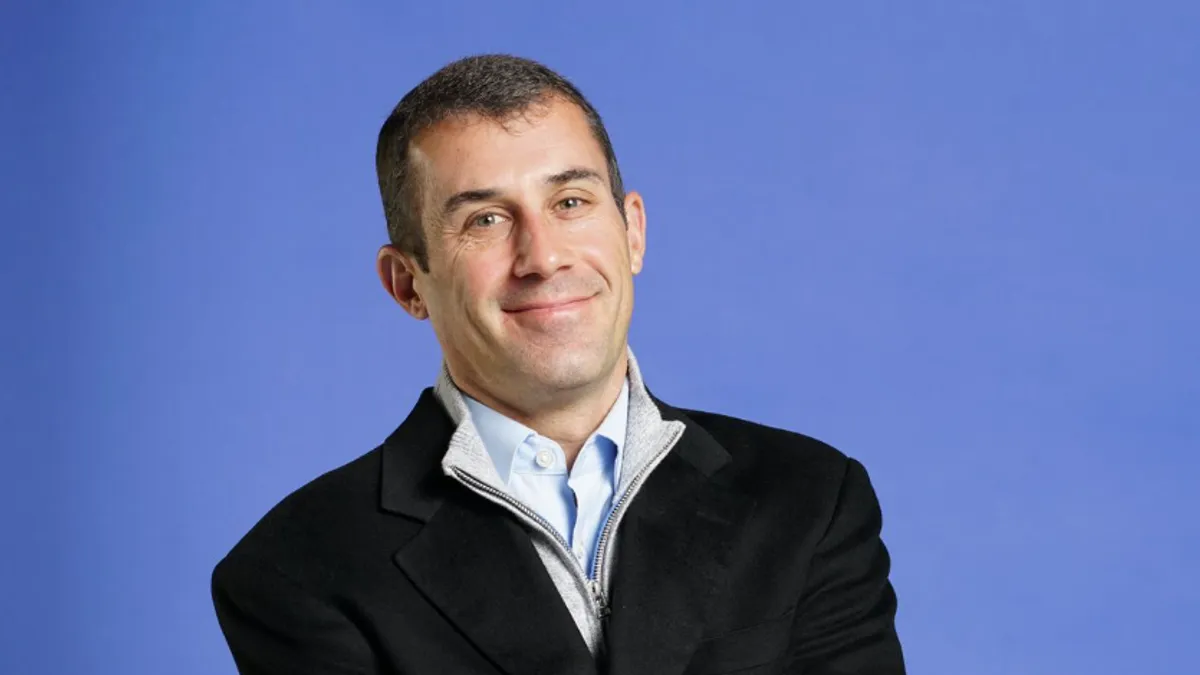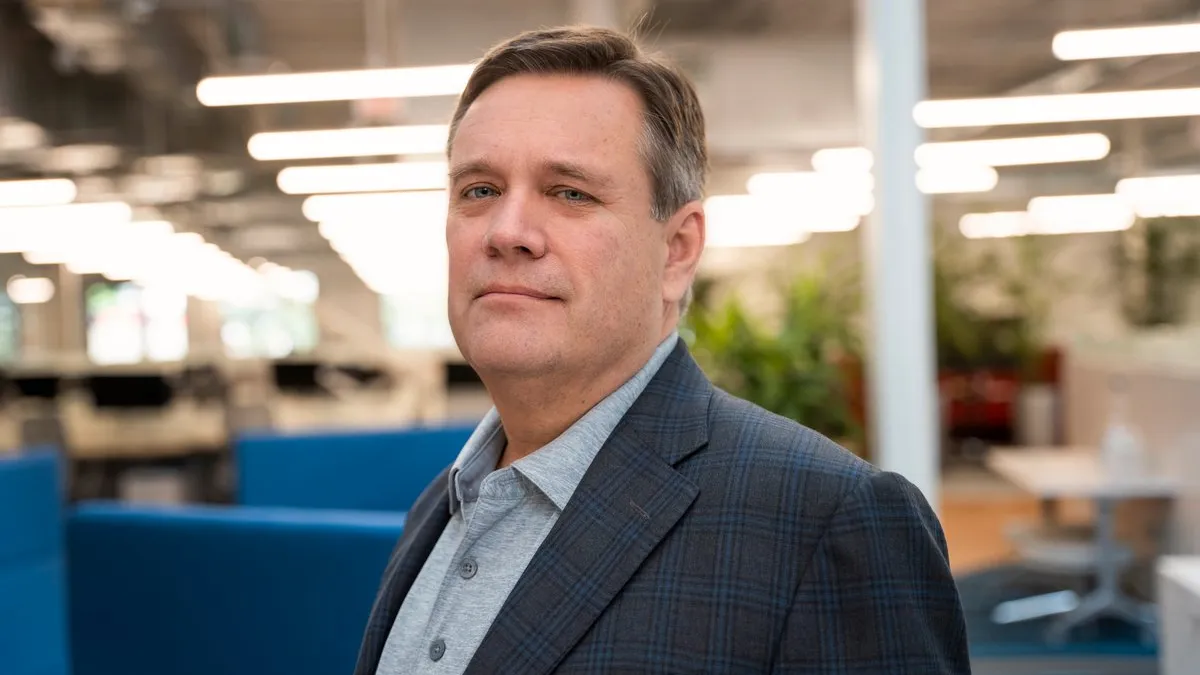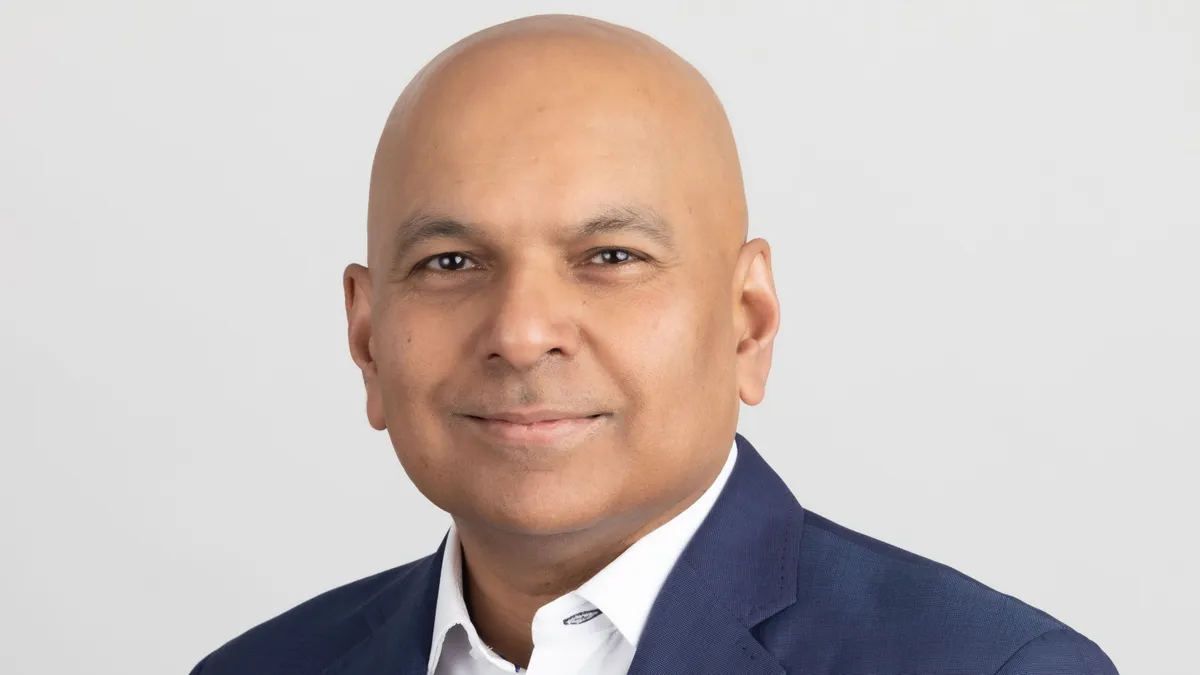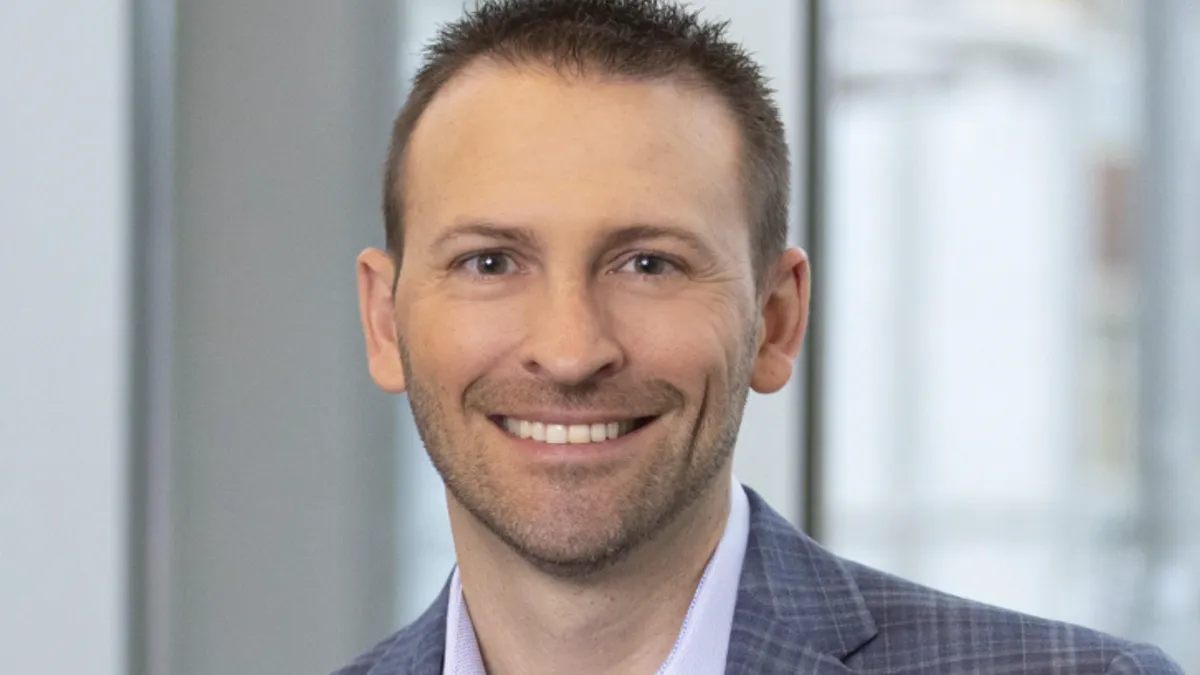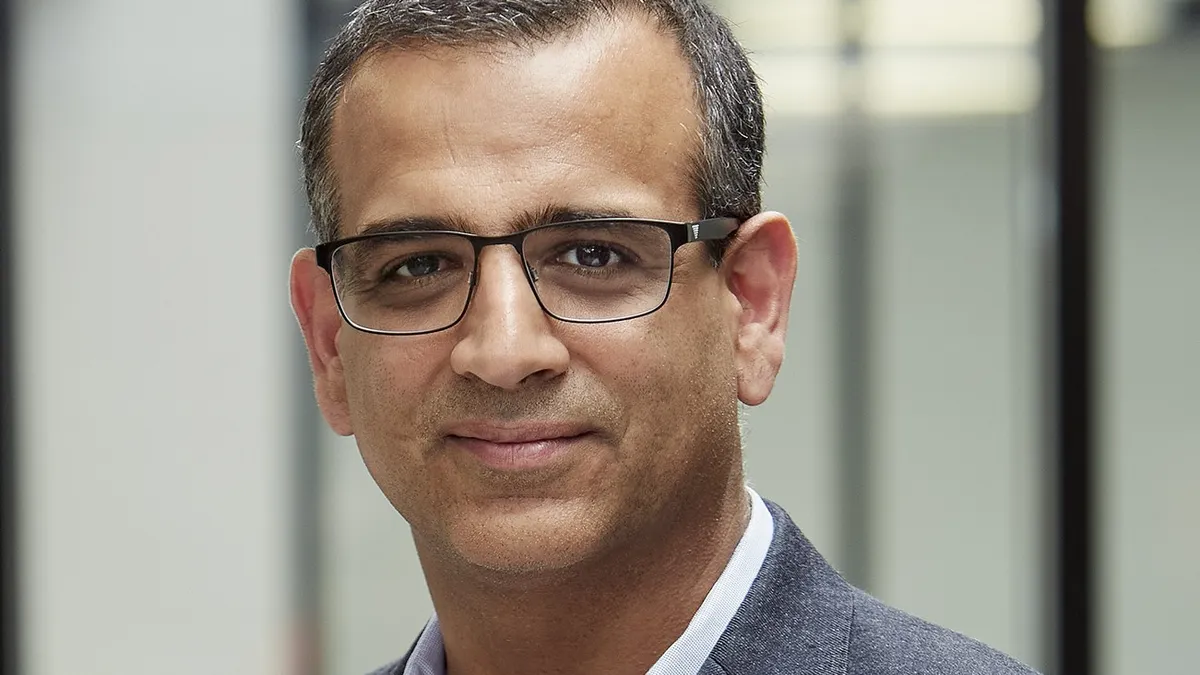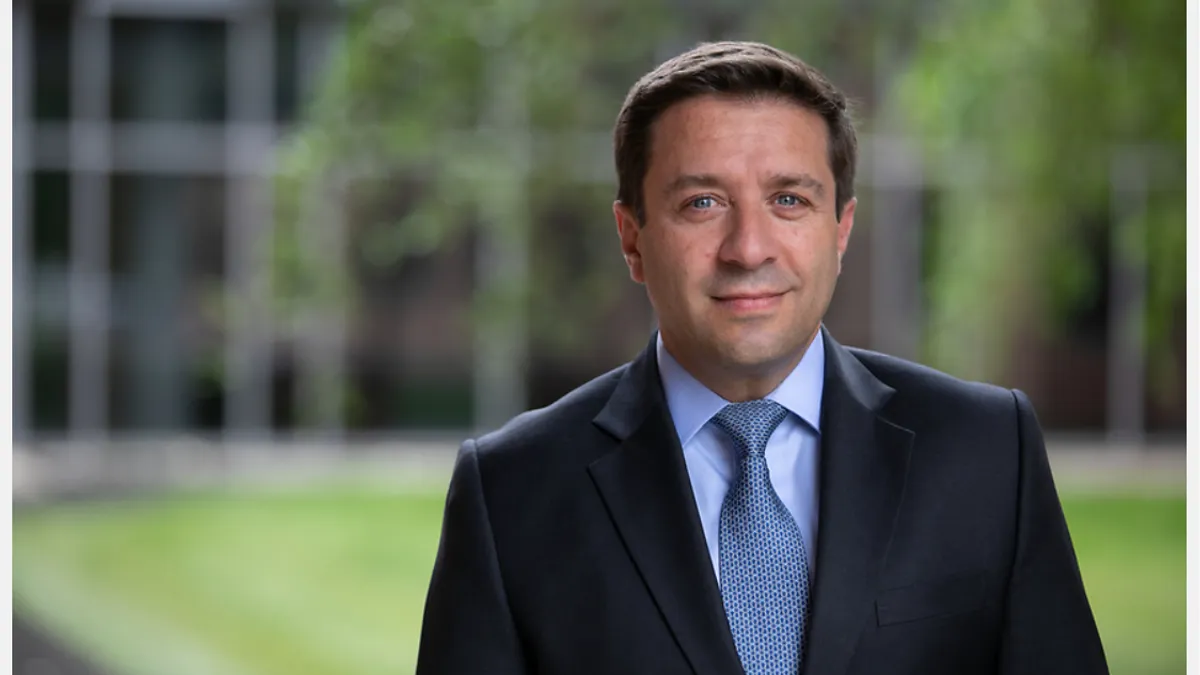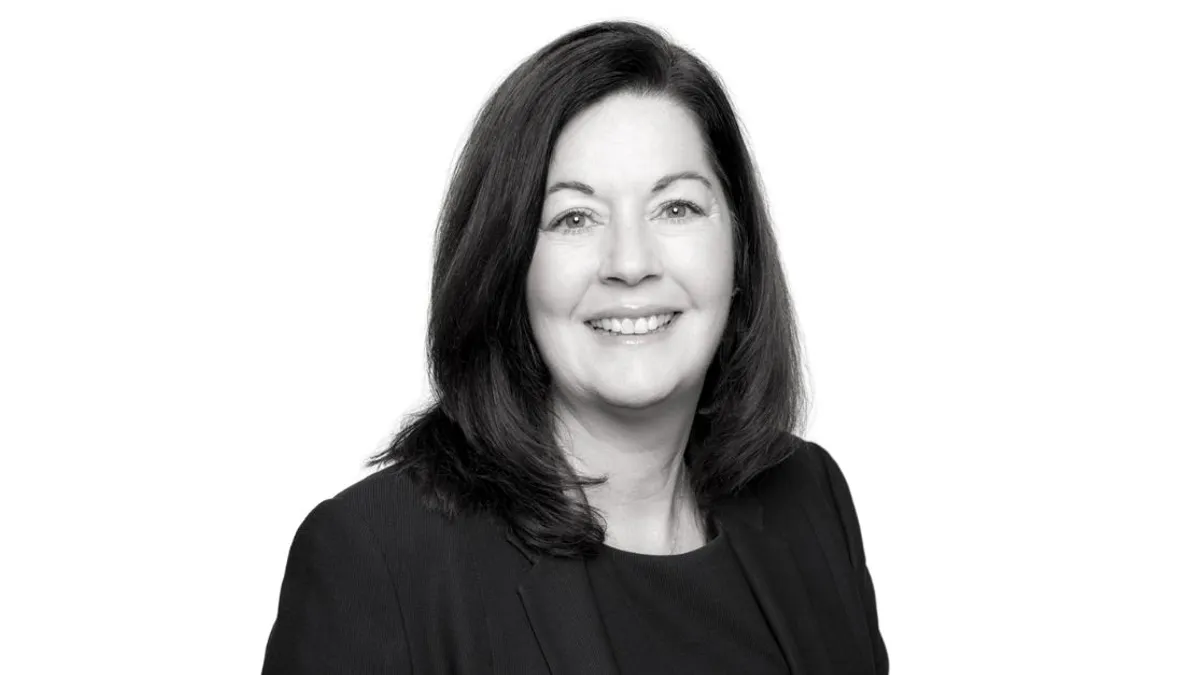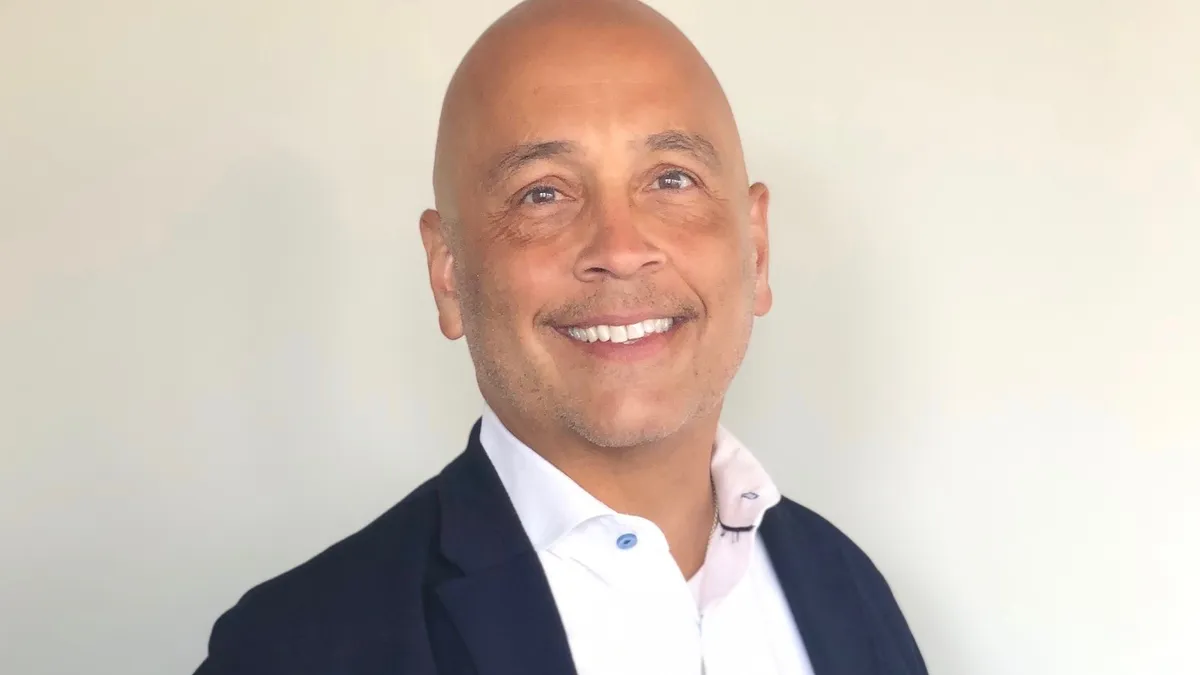Welcome to First 90 Days, a series dedicated to examining how pharma executives and other leaders are planning for success in their new roles. Today, we’re speaking to Amy Parison, CFO at Editas Medicine, which is undergoing a shift in focus to in vivo therapies and navigating the many challenges of the gene editing space.
Gene editing biotech Editas Medicine is no stranger to the drug development pivot. And along with a major reorganization and scientific focal shift, the company has put its financial decisionmaking in the hands of a first-time CFO while it gears up for the next phase.
After a cost-cutting shuffle announced at the end of last year in which the company slashed roughly 65% of its workforce, Editas switched gears from an ex vivo gene editing platform to in vivo technology. The change moves the therapeutic process from an external procedure in a lab to one that’s delivered directly into a patient.
Editas’ previous lead ex vivo candidate in sickle cell anemia wasn’t a clinical failure. Rather, the drug, called reni-cel, suffered from a lack of a commercial partner, leading to a cash crunch at Editas. Now back to the drawing board, the company is focusing on preclinical candidates using hematopoietic stem cells in diseases like sickle cell and beta thalassemia as well as liver-directed gene editing, all with the more convenient and practical application of in vivo delivery.
Navigating the transition is newly minted CFO Amy Parison who, after working as head of finance alongside the company’s former CFO, took the reins at the end of March.
"In biotech, you grow numb to operating at a loss. You’re thinking more about cash runway and how to extend that."

Amy Parison
CFO, Editas Medicine
Tasked with launching into the company’s new focus, Parison looks at Editas as a “scrappy” biotech willing to change its priorities to match the moment. Gene editing has long been a tricky area both in terms of the complex science and the financial calculus it takes to pull it off.
Here, we spoke to Parison about Editas’ unique position in the gene editing space, what lies ahead for a CFO managing a platform shift while maintaining a cash runway, and some of the potential political and financial snags the company could face as it heads in this new direction.
This interview has been edited for brevity and style.
PHARMAVOICE: How does Editas stand out to you in the biotech industry?
AMY PARISON: What jumps out to me is our science and what we’re showing in our data, and even with former programs, what we’ve done is special. There’s a lot of potential, and I’m excited [about] how we’ve pivoted to in vivo [gene editing]. That’s the future of gene editing and where it’s going to have the biggest impact.
What does it mean to be a good CFO, generally speaking?
A few months before the transition, I read an article about how women are well-positioned to be great CFOs even though it’s been such a male-dominated field — it’s about forming connections. I’ve seen that finance touches everything, that we’re the lifeblood of the company. Beyond what people traditionally think of as the number crunching and investor outreach, what I’m excited about is being a part of the whole company and thinking strategically about not only their finances but everything they’re doing.
Like many biotechs, Editas isn’t profitable yet. How does operating at a loss shape the way you look at financial leadership?
In biotech, you grow numb to operating at a loss. You’re thinking more about cash runway and how to extend that. So while I was trained as an accountant, my financial acumen and strategy overpowers traditional accounting. My predecessor [former Editas CFO Erick Lucera], who set me to take the reins, instilled in me that the best cash is the cash you have. That’s how I think about expenses and operating where we are, especially in these markets — being scrappy and capital efficient and making sure we’re producing the best science with the best capital we have.
That word, “scrappy.” What does it mean to you?
Scrappy is being resourceful and rolling up your sleeves to do things that aren’t necessarily in your job description or even where you’ve had formal training, but something you’re excited about and committed to seeing through to the end. That’s super important for biotech success. We don’t have the luxury of a large headcount or huge infrastructure or resources, but that’s motivating. The people who are scrappy are generally the ones who are motivated to move forward.
What is particularly challenging with regard to the finances behind gene editing?
There are lots of different flavors of gene editing. We can look at ex vivo gene editing, and Editas did have a phase 3 program. But there are lots of ways to deliver gene editing therapy — and we are moving from ex vivo to in vivo, and that’s where the industry is at with gene editing. It’s a fairly new technology, and so I think people need to understand how it works and how to think about it.
The U.S. is witnessing a political environment in which genetic medicines are met with a certain amount of hesitation. How is that reflected in the financial impacts to the company?
There’s been a lot of political uncertainty over the past few months, and we’re all digesting what’s being said and how to take that forward. It’s been challenging to interpret that type of narrative and figure out what to do with it. So far, we haven’t seen any ramifications of that rhetoric, and while the administration is fairly new in their tenure, once we understand what is being said or not being said, I think things will start to level out.
Pricing is also in the political conversation, and genetic medicine is a firebrand in those discussions. What kinds of conversations do you have at the CFO level to address that before it becomes an issue for your company later on?
We’re always looking to the future. And while these are early-stage discussions for us, we’re fortunate that we’ve seen companies like Vertex [Pharmaceuticals] and Bluebird [Bio] price their therapies on the market. There’s a balance to figuring out the pricing for these therapies that can be a one-and-done treatment. I’m looking forward to thinking more about that, and we’re using that as a guidepost. As the industry matures, we’ll be part of it and mature with it.









